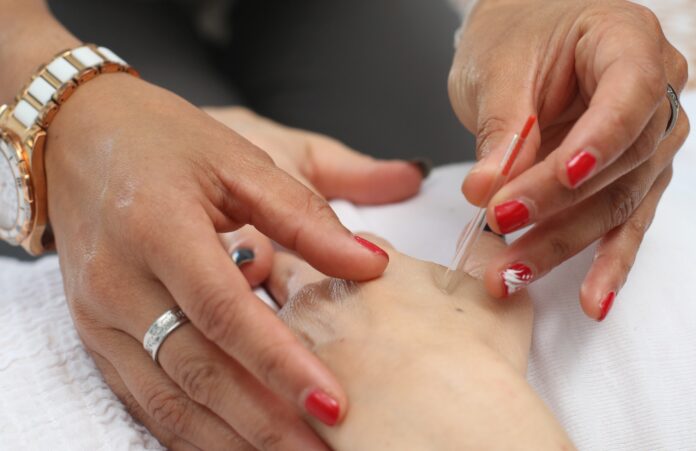Acupuncture is an ancient technique of Chinese medicine that consists of introducing very thin needles to certain points of the body to act on the nervous system and stimulate the release of endorphins that produce an analgesic effect. It usually applies to rehabilitation processes and muscle aches, although it is increasingly used for other purposes including the field of psychology for anxiety and depression. In general, it works for many ailments that cause pain or inflammation. However, there is much confusion surrounding the acupuncture process, so this article will explain some of the myths and truths of this ancient oriental practice.
Myths:
It is useless or just a placebo: Large amounts of scientific studies demonstrate not only the effectiveness of this practice but also how it works. It is also recognized by the World Health Organization (WHO) as a treatment or acceptable alternative for a variety of conditions.
It is not compatible with medication: Acupuncture does not interfere with the effects of medication. On the contrary, it is used in many cases as an alternative or complementary therapy to many medication treatments.
It has negative side effects: After an acupuncture session, the only side effect that can appear is a small hematoma. An acupuncture professional will take into account all the characteristics of the patient to assess how to apply the technique in the best way.
It hurts: The needles are very thin and introduced very superficially, so it is possible to notice the nerve stimulation, but when done properly you should not feel pain.
Truths:
It is an excellent supplement for healthcare treatments: Acupuncture is used to alleviate the effects of chemotherapy and to reduce anxiety, which considerably improves the patient’s quality of life. Many studies also point to acupuncture as a good treatment for depression.
It is used as an anti-aging treatment: Yes. In fact, it is used for face lifting, reducing wrinkles, and it is a great alternative to Botox injections. It also serves to treat cellulite.
It is a good complement to quitting smoking: Although acupuncture on its own cannot make you stop smoking, it does help to curb cravings and relieve symptoms that appear when someone quits smoking. It is a good complement for someone looking to quit smoking if the patient has willpower. Studies from the National Institute of Health confirm that acupuncture can reduce both the taste of tobacco and the desire to smoke.
Conclusion
Many people doubt the usefulness and effectiveness of acupuncture, but it is a very prominent holistic practice used to treat pain and improve health for thousands of years. Acupuncture can be used for a wide variety of health and wellness treatments. To apply this technique with total safety, it is very important that acupuncture professionals are licensed and certified with several years of experience.
Story Credit: Jack Corwin/[email protected]
Photo Credit: Antonika Chanel/Unsplash



































